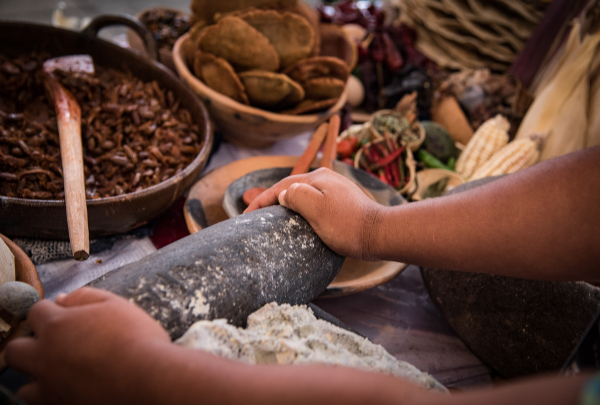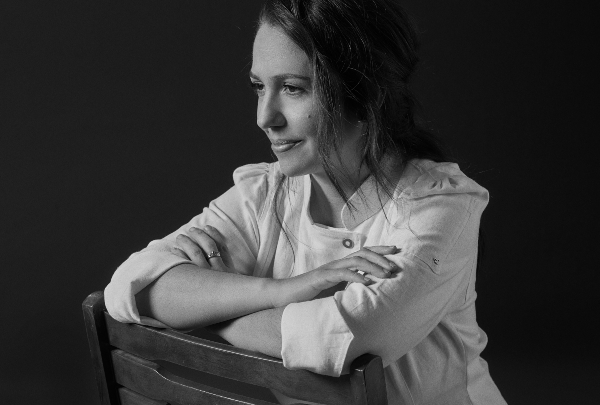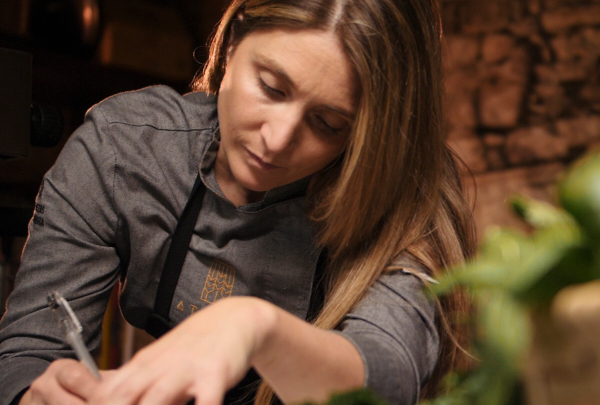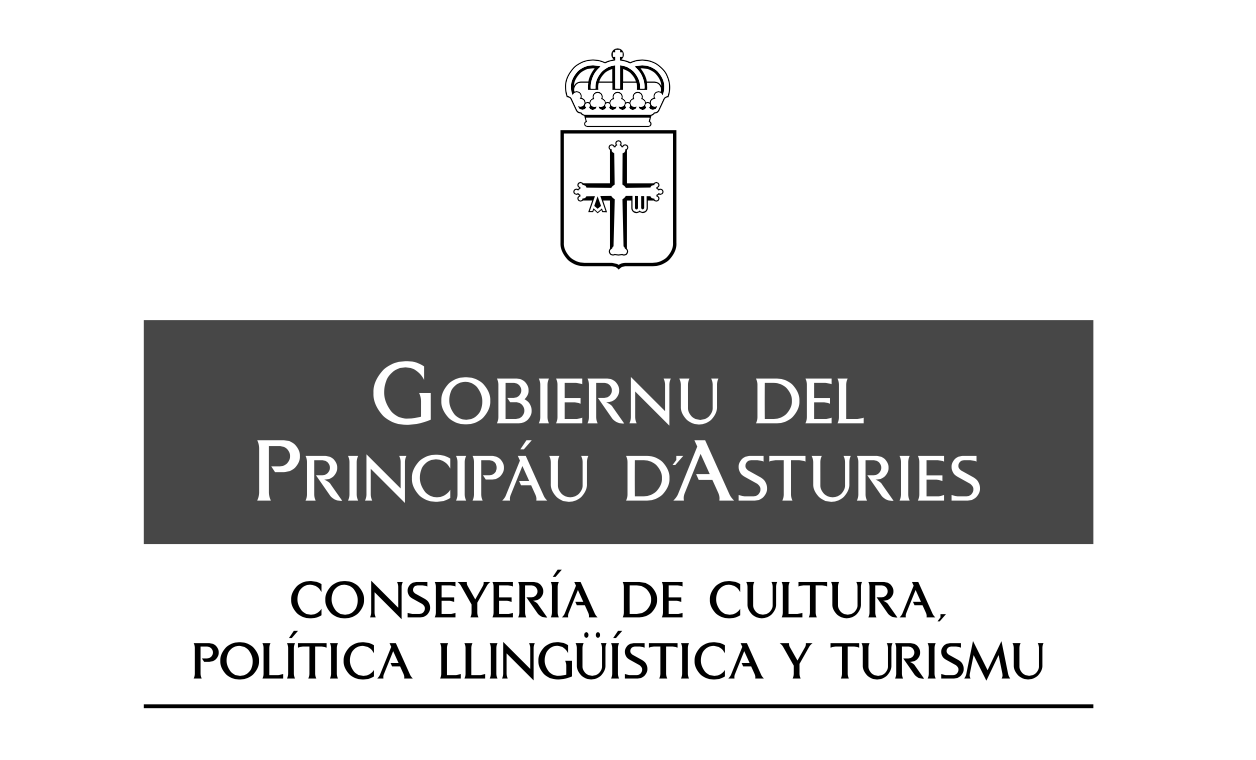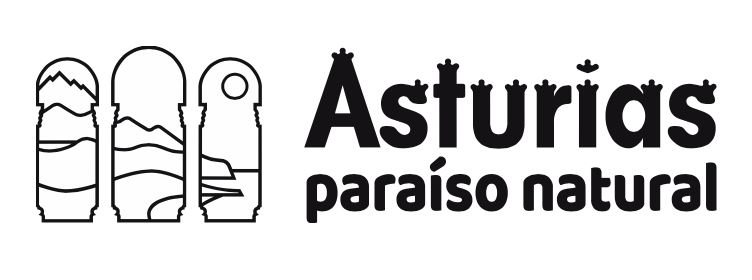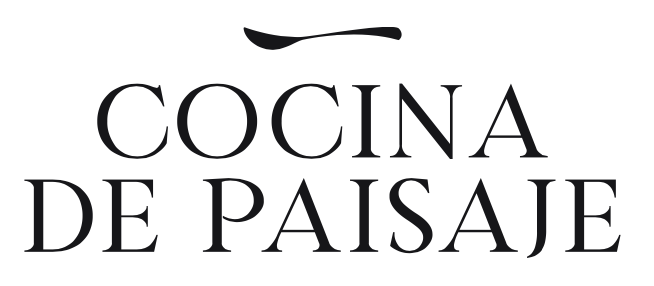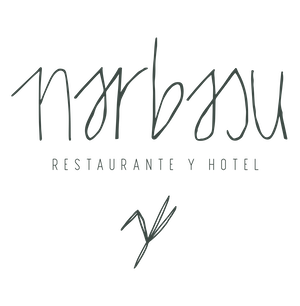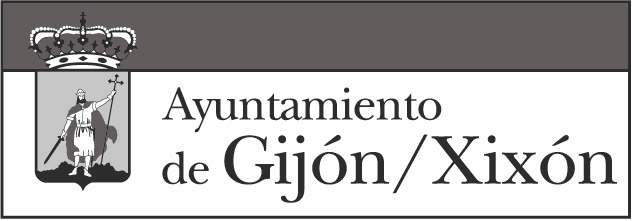Interview
Charo Carmona: "We've lost our identity to globalisation"
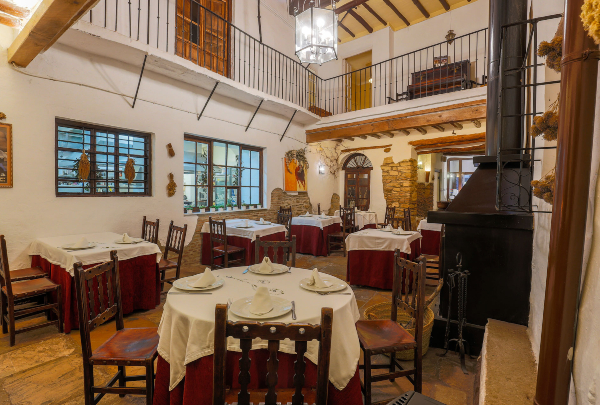
Charo calls for knowledge of history through gastronomy too, and she will also be at the FéminAS congress.
Charo Carmona cooks as much as she listens. This is why the fare of Arte de Cozina (Antequera, Málaga) has a flavour of history. In September she will be speaking at FéminAS, the congress on gastronomy, women and the rural milieu arranged by Vocento in Asturias with assistance from the Principality's institutions. She will be accompanied by historian Fernando Rueda to elaborate on "what we eat, when and how it identifies a population".
–You narrate the history of Antequera through your cooking. What is the power of gastronomy?
It's the identity of a population, and this is so important for me. You used to know where you were because of what you ate there. When there were no phones or televisions, everything was concentrated in your own little area, and now we have everything at our fingertips it seems like another world, but I remember that my father grew certain things, knowing what his neighbours were going to have, and when. They did it that way so that they would never have to do without basic necessities. That way they got more out of the produce, and nowadays when we have access to everything all the time, even though very often it has no taste, we don't even notice, because we've lost our identity to globalisation.
–People are now paying more attention again to tradition and the rural milieu. Why?
I totally agree. Meals eaten with spoons have been missing in action in restaurants for many years. I realise that's not so much the case in people’s homes, although it depends on the location: I live in Antequera, a large town where there's still some cooking, but in big cities the situation has undergone a drastic change. The kitchen used to be a place where people spent their entire day, but now they don't even go in there.
–The tastes of Arte de Cozina are the outcome of a combination of cultures. How do you eat that kind of thing?
We have a great richness due to that cultural mix, thanks to all the different peoples that have passed through where we are now at some time or other. History has been written in different eras, these periods gradually overlapped each other, traces of wisdom were left from each of them, and that's what we've been left with. The Phoenicians arrived here, and they used brine to flavour their fish and to keep it fresh, and then there were the Arabs, whom we owe a lot to, because they were here for many centuries, during an extremely advanced era of humanity, among many other peoples. That said, we wouldn't like to eat the same way the Romans used to eat; I retrieve recipes, and I update them to the present time.
–FéminAS addresses the issue of women as the guardians of culinary tradition. Why have you been more protective?
I don't think women are more protective or focus more on the past. The thing is that before, at home there were other roles whereby the wife stayed home to look after the family, and the man was working outside the home. That's changed now, and life has moved forward. I retrieve recipes and I showcase them because I feel it's really important for them to be seen as yet another way of projecting our history - in the same way as people visit churches, the whys and wherefores of recipes should be revealed. We explain this to our customers so that they understand what was grown locally, and what previous cultures left us. Am I a guardian? I don't know, I've got into something I'm passionate about, and they said I was crazy when I started out. I remember they said, Who's going to go and eat stew in a restaurant when they can eat that at home? Now it's the other way round. What I'm sure of is that we're wiser if we take a look back and realise what we had when there was no supermarket opposite our house, and we ate food depending on the seasons. Our Mediterranean diet is rather interesting.
–Now you mention the Mediterranean diet, what is Gastroarte?
It's a group of 40 chefs from all over Andalusia with a passion for what we do. It started off in 2010 when the historian Fernando Rueda, who'll be with me at FéminAS and who knows more than anyone about popular Andalusian cuisine, brought 18 or 20 of them to my house, and I'd never heard of any of them. This was for the opening of my tapas bar, and he thought that each of them should bring one along with them. The group has expanded, we meet up occasionally, we've organised events, and we've assisted some NGOs. Our profile has been slightly lower because of Covid, but the group is still operational.

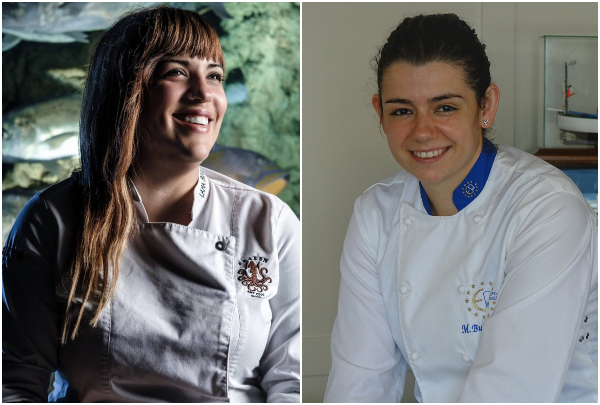
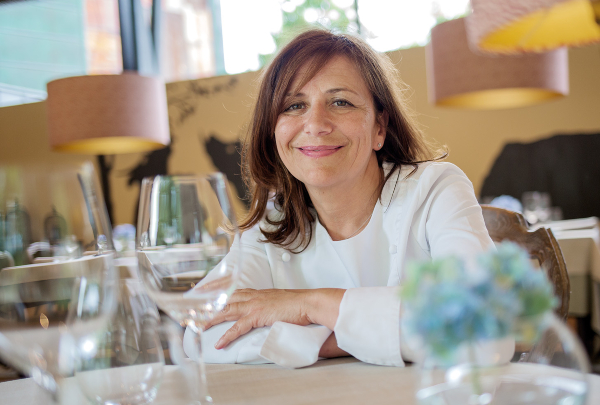
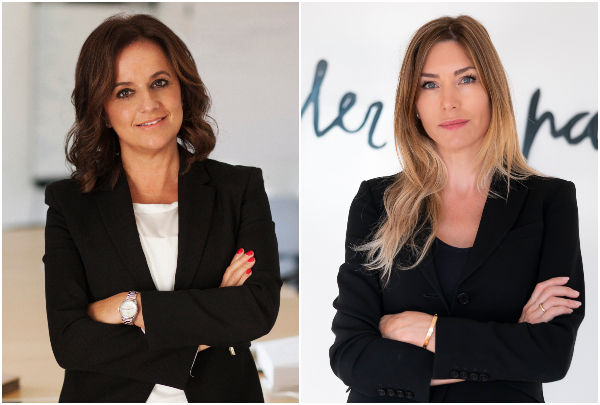
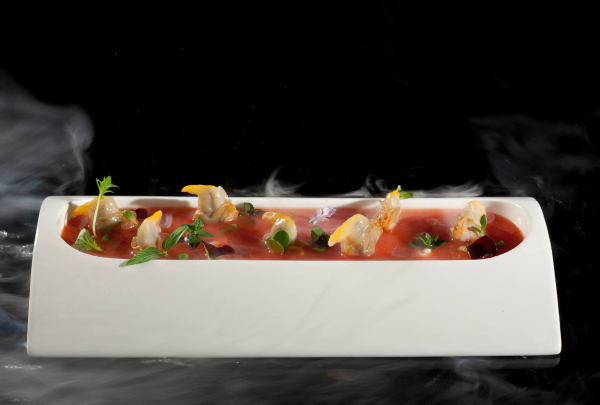
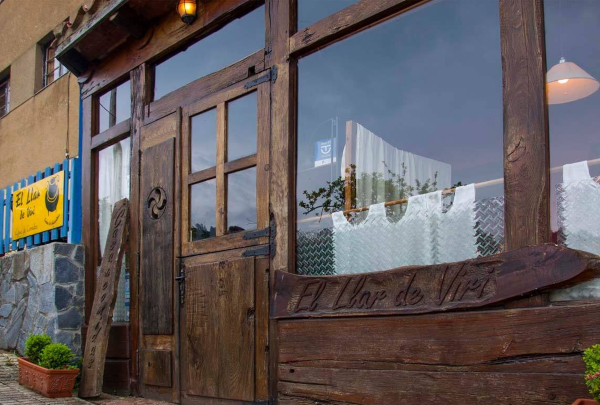
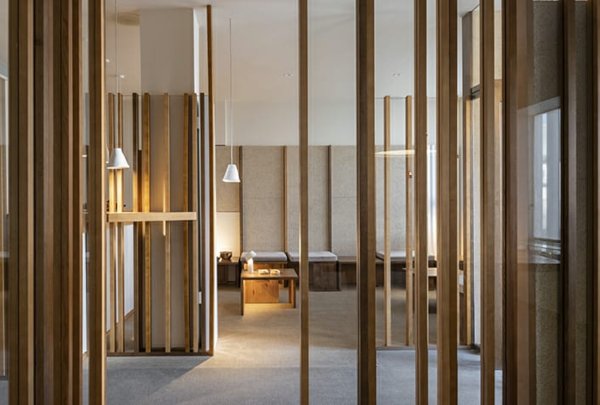
.jpg)
